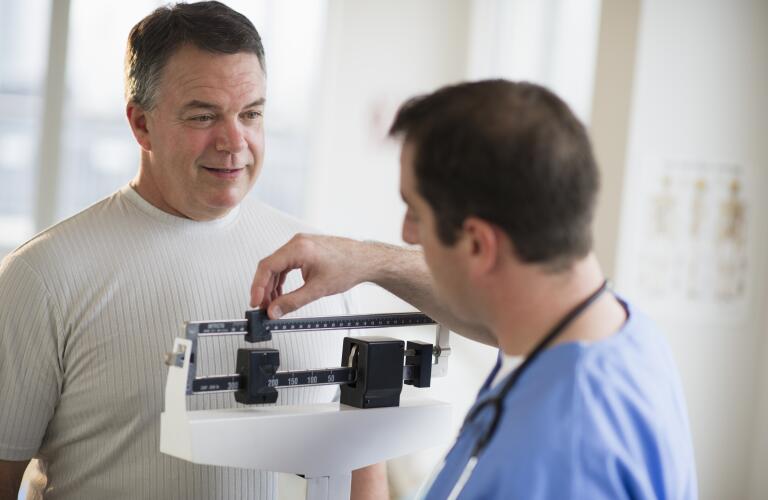The procedure of physically taking a tissue or organ from one individual (the organ donor) and implanting it into another human is known as organ donation (the recipient). The organ of the recipient has perished or been damaged beyond the join the registry of disease or injury, requiring transplantation.
Organ transplantation is one of the most major advances in contemporary medicine. Unfortunately, the number of persons wanting to donate organs much outweighs the number of people who are willing to donate. People die every day while waiting for an organ transplant, and over 100,000 men, women, and children are waiting for life-saving organ transplants.
Who is eligible to donate organs?
People of any age should think about becoming donors. When a person dies, their medical records and age are used to determine whether they are a suitable donor. The organ transplant organization determines whether or not a person is medically suitable for donation.
How do I become an organ donor?
You could sign up for a donor registry. Registration is more than just a tool to express your willingness to donate blood. It’s a means to give legal consent for organ, tissue, and eye donation. An organ donation card must be signed and carried. Inform your relatives and acquaintances that you want to donate. You should also inform your family’s healthcare provider, lawyer, and religious leader of your desire to donate.
Will organ donation cause some damage to the body?
Organ, tissue, and eye recovery is a surgical treatment carried out by experienced medical personnel. In most cases, the family will hold a typical funeral service.
What should you do if you require an organ or tissue transplant?
You must go to a transplant hospital and join the registry. The multidisciplinary team at the transplant facility will assess you and determine if you are a good transplant candidate. Each transplant facility has its own criteria for accepting applicants for transplants in addition to the criteria specified for particular organ types. If the transplant staff at the hospital finds that you are a good candidate for a transplant, you will be added to the national waiting list. You can sign up for a transplant waiting list at many hospitals.
Living donations, such as the donating of one healthy kidney or a slice of a healthy liver from one living person to another, are arranged through individual transplant facilities according to their own criteria. The interests and well-being of the prospective living donor will be represented by an independent donor advocate and a dedicated living donor multidisciplinary team.









